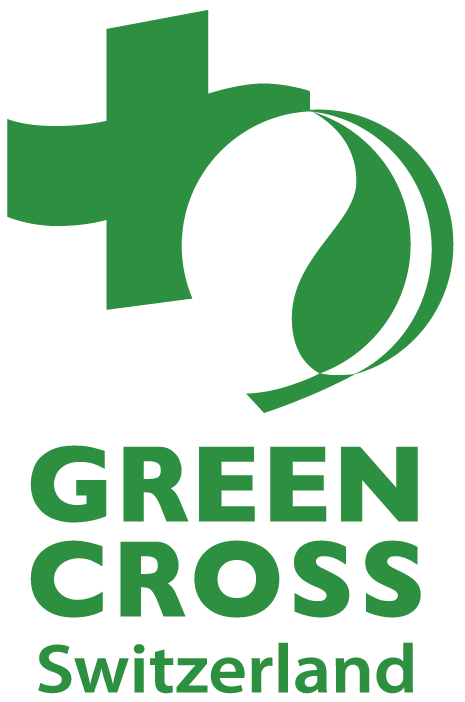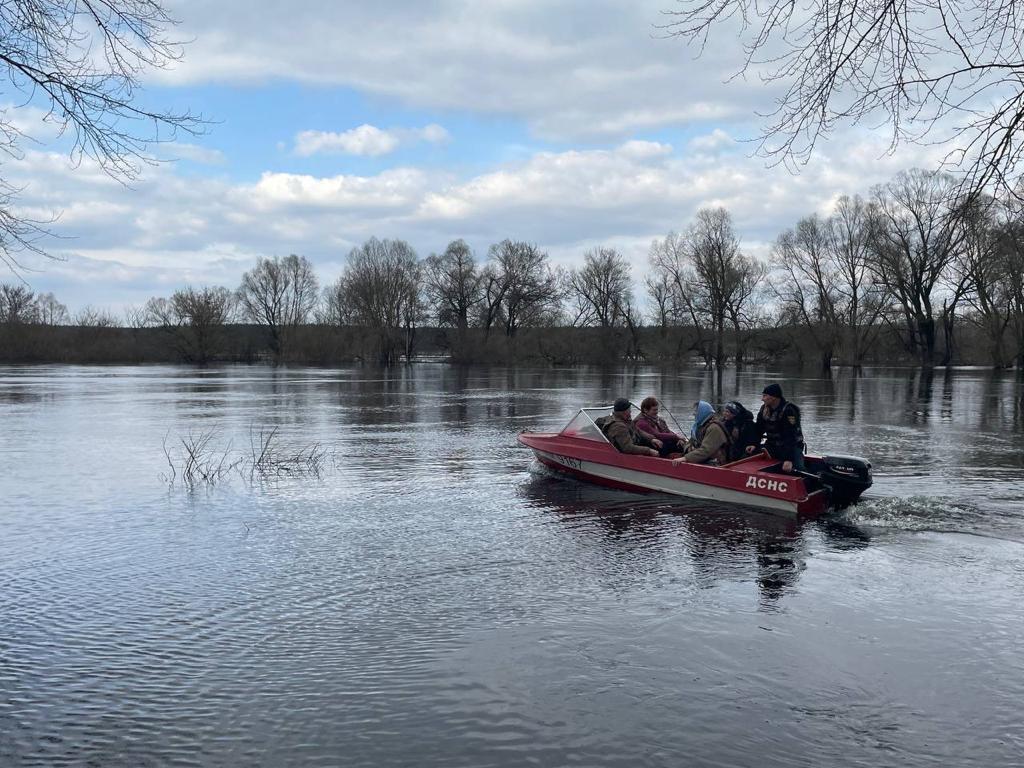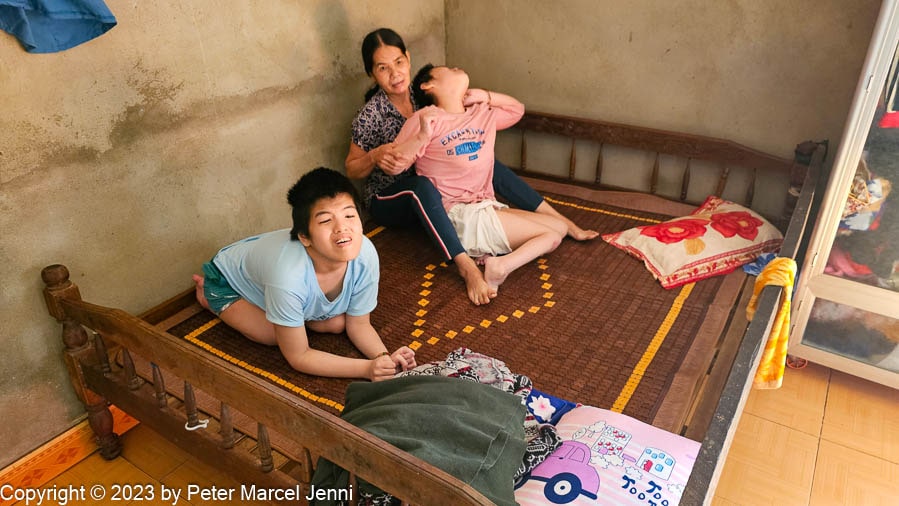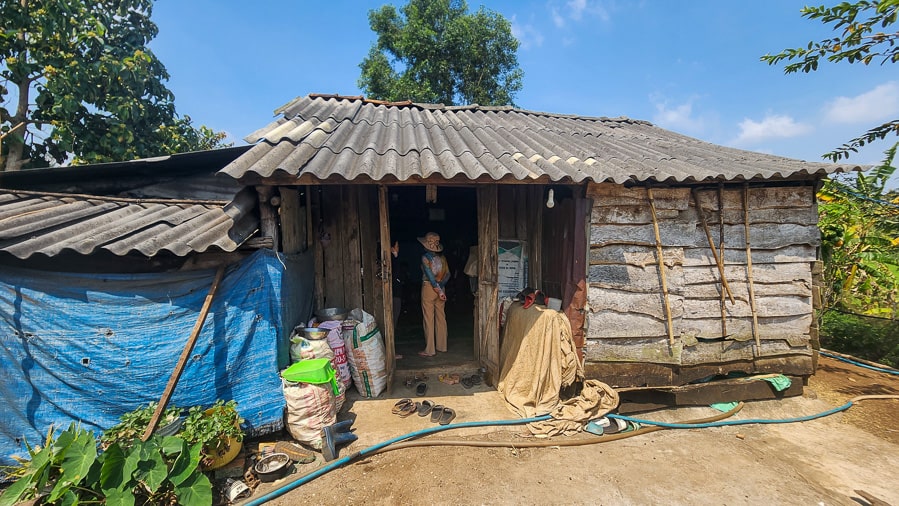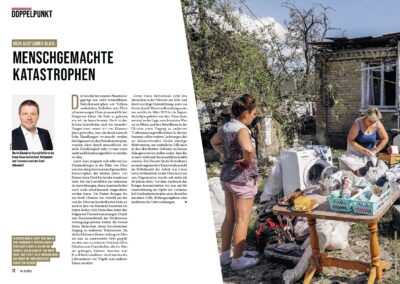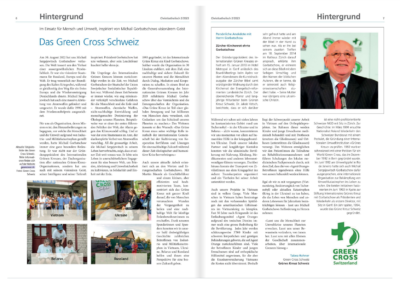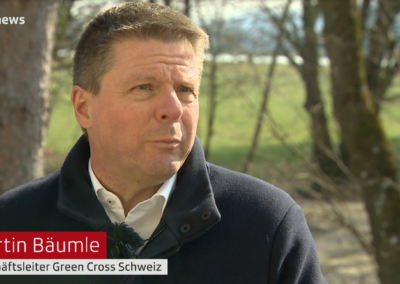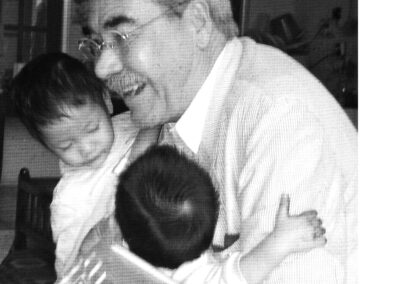Contributions to humanitarian aid in Ukraine by Green Cross Switzerland
With the large-scale start of the war in Ukraine, Green Cross Switzerland was forced to limit its project work in Ukraine. It was natural for us to provide fast and uncomplicated aid. Already in 2022, the Foundation delivered water treatment systems, goods such as food, clothing or medicines to affected areas in Ukraine. This work will continue in 2023. While the delivery of additional water treatment systems is planned for the summer, the Foundation has been able to deliver vital goods to various regions.
In the northern Ukrainian city of Chernihiv, the focus in April was on delivering basic foodstuffs. Thanks to your donations and the cooperation of local helpers, almost 700 people received potatoes and beans twice in two days. Furthermore, a generator for electricity supply could be provided to a kindergarten.
The fact that the war also affects many animals is often forgotten and the support of these creatures is often neglected. For this reason, Green Cross Switzerland has supported various animal shelters, such as the “Masyanya” in Skrygalevka in the Kiev Oblast with relief supplies. On the one hand, food in the amount of 260 kilograms could be provided to the 200 dogs and 100 cats. On the other hand, urgently needed vaccines were delivered in a second shipment and the survival of the shelter’s animals could continue to be guaranteed.
In another relief action, the population of the Ukrainian city of Novhorod-Siverskyj was supported with infrastructural goods as well as financial contributions. For besides the war taking place, the city as well as the surrounding region has been hit by floods since spring.
In the sense of the principle represented by Green Cross Switzerland “help for self-help” the rescuers of the State Service for Emergency Situations Novhorod-Siverskyj were equipped with a modern boat engine. With this engine, the rescuers can carry out water rescue operations more effectively and quickly in order to save people and help the population affected by the floods more efficiently.
Together with the locally based NGO Knjazhij Hrad (КНЯЖИЙ ГРАД), Green Cross Switzerland also helped out with financial contributions to set up a shelter for the local population. The room, which is currently under construction, will serve as a shelter for the residents from military attacks by the Russian army.
The Foundation’s humanitarian aid in Ukraine will continue, and in due course we intend to help with reconstruction. The support of Ukraine would not work without the cooperation of local helpers and you, our donors. Therefore, we would like to thank you very much for your contributions; you guarantee that we will be able to continue our work in Ukraine in the future.
